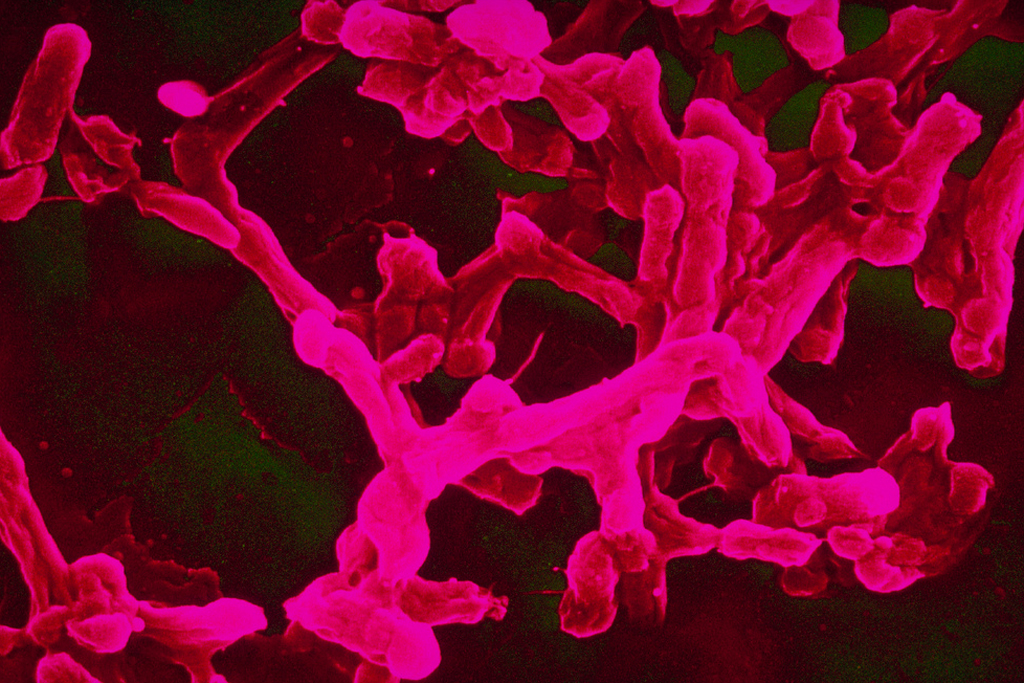Abstract: Blessed are the Shalom-Makers: The Role of the Health Practitioner in the Church
WCIU Journal: Health and Disease Topic
March 30, 2015
by Brian Lowther and Beth Snodderly
See the full article in Volume 3, Issue 4 of William Carey International Development Journal, pages 16-24.
“Dear friend, I pray that you may enjoy good health and that all may go well with you, even as your soul is getting along well” (3 John 2).
Beth Snodderly is a past president of William Carey International University.
Something is wrong in this world. “Nature, red in tooth and claw,” is a pattern acted out at all levels of life, from micropredators (diseases caused by microbes) to macropredators (social diseases caused by humans, such as war and human trafficking). Intelligent evil is at work, distorting God’s original good purposes. Creation itself is groaning, even at the microbial level, waiting to be delivered by the free choices of the body of Christ, through whom God has chosen to work in this world (Rom. 8:18, 19). Harmful microbiological life, such as bacteria, viruses, and parasites, may represent one of the best examples of a lack of shalom between humans and creation. If we could find a way to establish good relationships between humans and microbiological life, how many diseases would simply vanish? God’s intention at the end of history is to restore shalom relationships throughout creation. God’s creatures “will neither harm nor destroy on all my holy mountain” (Isa. 11:9). God intends to “wipe away every tear” (Rev. 21:4) caused by imperfect relationships. Working toward shalom relationships is the mission of God and this is our mission as well. Until God ushers in that final perfect new heaven and new earth, Christ’s followers can serve as God’s display window showing what God’s kingdom is meant to look like.
Ralph D. Winter, founder of the U.S. Center for World Mission, found a lack of awareness in the Church of what God’s kingdom should look like. He was particularly concerned about the distortions of God’s will in the realm of disease. Winter asked, “What would Jesus have said about fighting germs in the name of Christ had the people of his time known about germs?”
The enemy we face is God’s enemy and disease is one of the enemy’s tools. What is the role of health practitioners, then, to those in harm’s way in this war-torn world? Suppose a local church was located near a street where an unseen sniper was shooting at people each night. What would be the responsibility of that local church to those in harm’s way? Primary prevention would mean telling people to stay away from that street at night. But some people would not get the message and inevitably each night some would be injured or killed. Caring health practitioners from the church might be willing to risk their lives to bind up the wounds and help the wounded get well. No doubt those health practitioners would take secondary prevention measures such as wearing helmets and flak vests to protect themselves from the sniper’s bullets. But would the local church settle for warnings and bandages and flak vests? Or would they take on the responsibility of getting to the root of the problem by finding and stopping the actions of the sniper—tertiary prevention?
People are being wounded physically, psychologically, and spiritually by activities instigated by the adversary, the devil, the sniper, that “ancient foe” that seeks “to work us woe.” In this cosmic battle with the prince of darkness, health care workers need affirmation and support from the body of Christ so they do not grow “weary in doing good” (Gal. 6:9).
Brian Lowther serves as the Director of the Roberta Winter Institute.



